Bac Ai is a particularly difficult mountainous district of the province, with ethnic minorities accounting for over 84.48% of the district's population. Clearly defining the role and position of social TDCS in implementing the goal of sustainable poverty reduction in the area, Party committees, agencies, departments, branches and authorities at all levels always pay attention to doing a good job of propaganda, focusing on consolidating and improving the operational efficiency of entrusted socio- political organizations, savings and loan groups, and commune transaction points to promptly transfer preferential credit capital to poor households and other policy beneficiaries. The family of Ms. Chamaléa Thi Dem, in Cha Panh village, Phuoc Hoa commune, is a poor household, thanks to loans from the Vietnam Bank for Social Policies (VBSP), which help her have the conditions to invest in production development and stabilize her life. Ms. Dem, excited: Preferential credit capital has accompanied my family for more than 6 years now, with 80 million VND borrowed from the program for poor households and production and business households in difficult areas, I raised 5 cows, thanks to directly participating in agricultural extension training classes, I grasped how to care for them, the herd increased to more than 20 cows. Raising cattle effectively has helped my family build a spacious house and accumulate capital for business.
Customers participate in depositing savings at the branch of the Provincial Social Policy Bank.
Ms. Can Thi Ha, Vice Chairwoman of Bac Ai District People's Committee, Head of the Board of Directors of Bac Ai District Social Policy Bank Transaction Office, acknowledged: The loan capital of the Social Policy Bank has contributed to helping more than 7,200 local households overcome the poverty line, with an average outstanding debt of over 41 million VND/customer. In addition to economic efficiency, TDCS has fundamentally changed the perception of borrowers, people have changed the way they do business to develop their family economy, no longer relying on support from the State.
With the goal of developing in a stable and sustainable direction, with the capacity to perform well the role of social credit, associated with the development of support products and services for poor and near-poor households and other policy beneficiaries, the Provincial Social Policy Bank focuses on mobilizing resources from the central and local levels to implement and ensure the stability of lending programs. In particular, through the implementation of Directive No. 40-CT/TW dated November 22, 2014 of the Secretariat on strengthening the Party's leadership over social credit activities, strongly promoting the thinking, awareness and responsibility of the entire political system, making social credit activities increasingly grow and develop sustainably in both scale and quality, creating a clear change in the economic structure, fundamentally solving the difficult situation in localities. To date, the total outstanding loans in the province have reached VND3,140 billion, with more than 78,400 households borrowing capital, of which loans to poor, near-poor, and newly escaped-poverty households account for over 60% of the total outstanding loans. Preferential credit capital along with other resources have contributed to reducing the average poverty rate by 1.5-2% per year; in 2022 alone, the province's poor households will decrease by 1.86% and help 31 communes build new rural standards.
Mr. Le Minh Loc, Deputy Director in charge of the provincial branch of the Vietnam Bank for Social Policies, said: The demand for loans of poor households and other policy beneficiaries in the province is increasing. In order to ensure the target of 100% of beneficiaries having the need and eligibility to access loans, in the coming time, in addition to promoting capital mobilization from organizations and individuals to create additional capital, the unit continues to closely follow the annual socio-economic development programs and goals of localities as a basis for building loan disbursement plans. At the same time, coordinate with the People's Committees of districts, cities, departments and related branches to integrate models and projects to transform economic structures, support the transfer of science and technology in production, help borrowers use capital for the right purposes, and improve family life.
Hong Lam
Source link









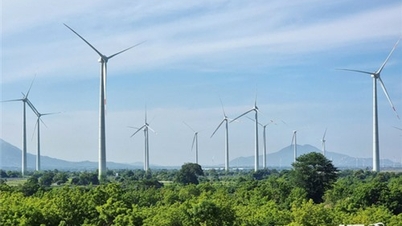

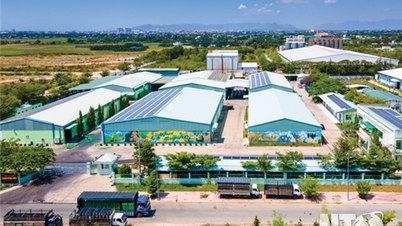

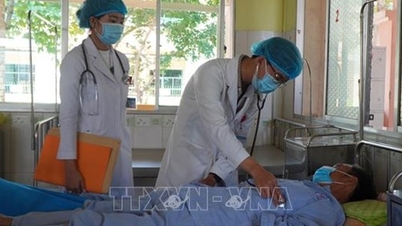
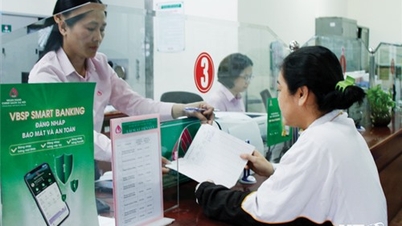

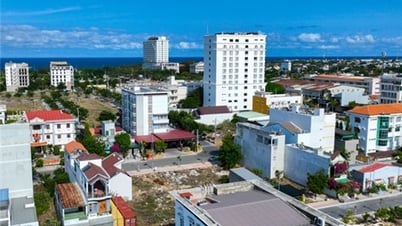

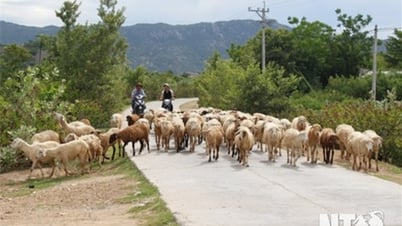
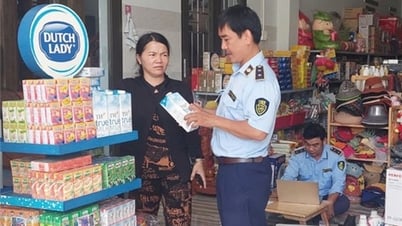
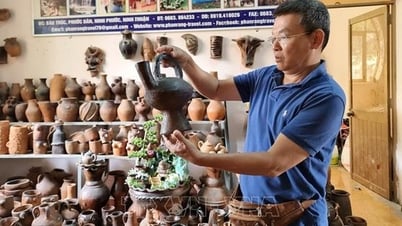

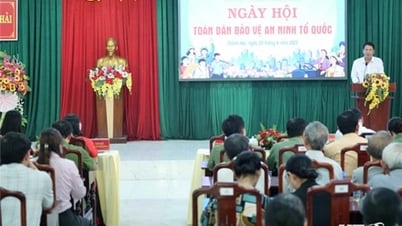




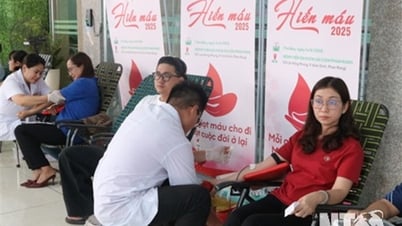
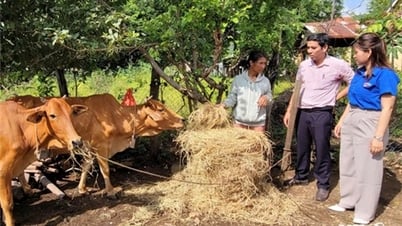



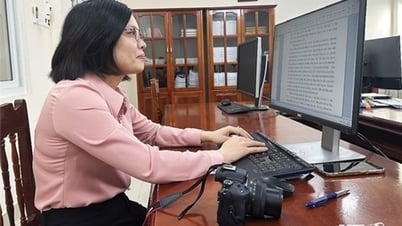









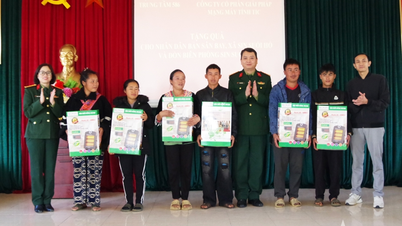
































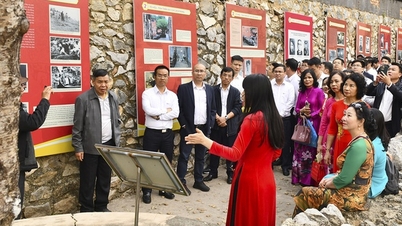



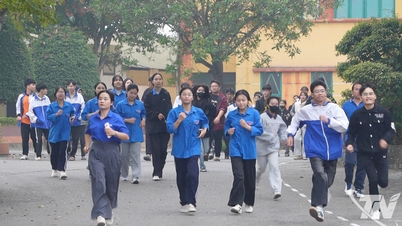








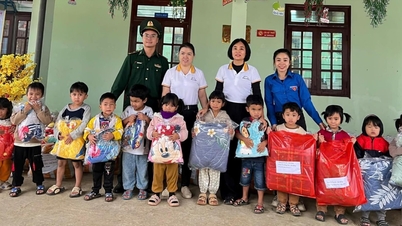


















Comment (0)